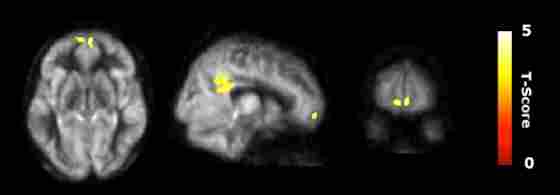Overview
Innovative thinking, in particular for adults over the age of 55, is an understudied area of cognition. The pilot study presented in this publication explored the effects of physical exercise and cognitive training on innovative thinking. To do this, researchers utilized 58 cognitively normal individuals and assigned them to either cognitive training, physical exercise, or control group. Cognitive training was administered over the span of 12 weeks with one-hour sessions once per week. In addition to the in-person training, participants completed homework assignments related to each training session. Training sessions for the physical exercise group involved one hour of aerobic exercise three times per week. The control group did not undergo any training. Researchers measured innovative thinking by evaluating their ability to synthesize complex information and generate as many novel, high-level ideas as possible. Results from the study demonstrated significant gains in innovative thinking for the cognitive training group, but not the physical exercise or control group. Furthermore, functional MRI revealed improvements in resting-state cerebral blood flow and functional connectivity for the cognitive training group. Further research would be needed to determine how the cognitive gains can be preserved, but the results from the pilot study are promising. The brain is capable of change and improvement at any age, and with a consistent, tailored approach to cognitive training, individuals can improve the overall health of their brains.
Regional cerebral blood flow (CBF) results. Voxel-based analysis for the interaction contrast described in text, superimposed on an average CBF map of all participants. Both cluster volumes k = 3792 mm3 for posterior cingulate cortex (PCC) and k = 992 mm3 for medial orbitofrontal cortex (mOFC) are significant at an family-wise error correction (FWE) alpha level of 0.05 (k = 784 mm3).




